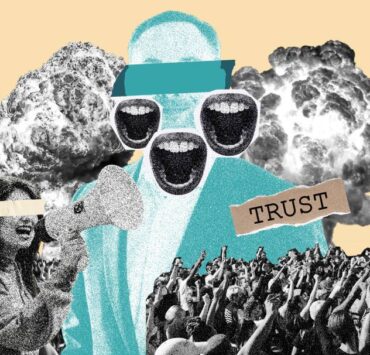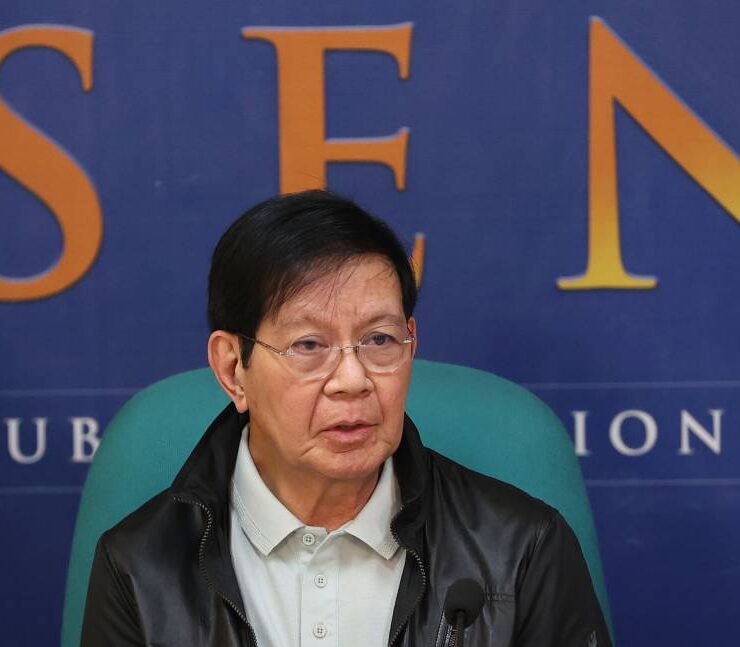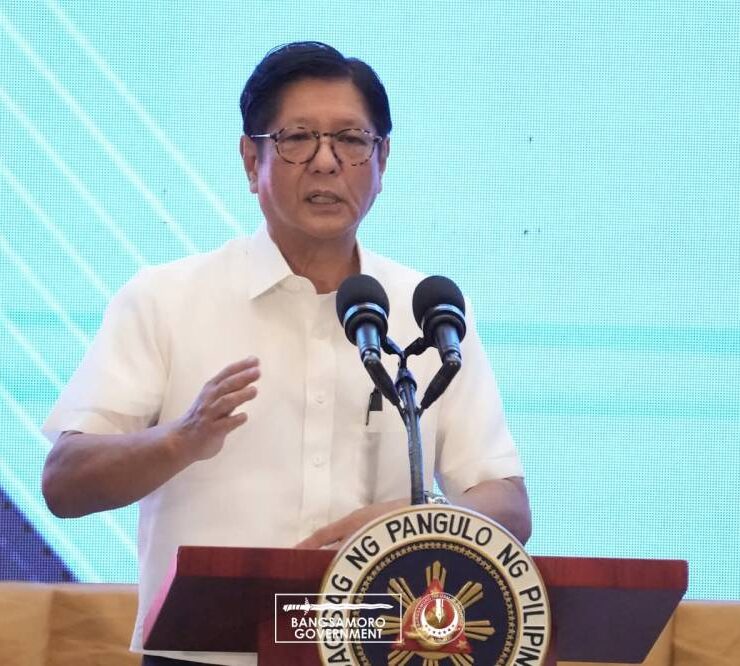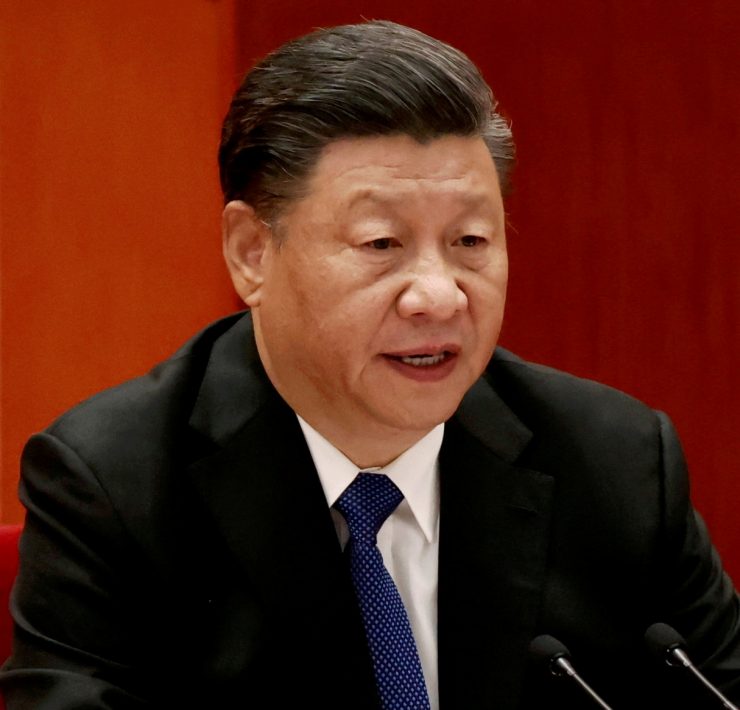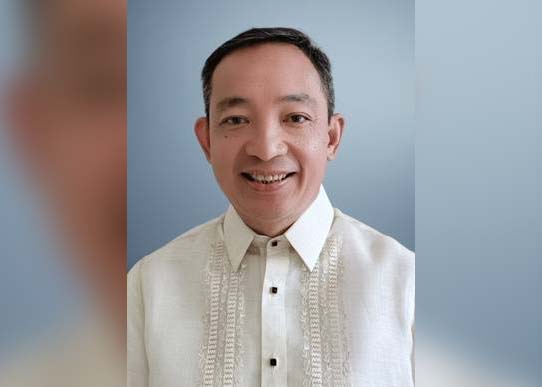Against moral numbness
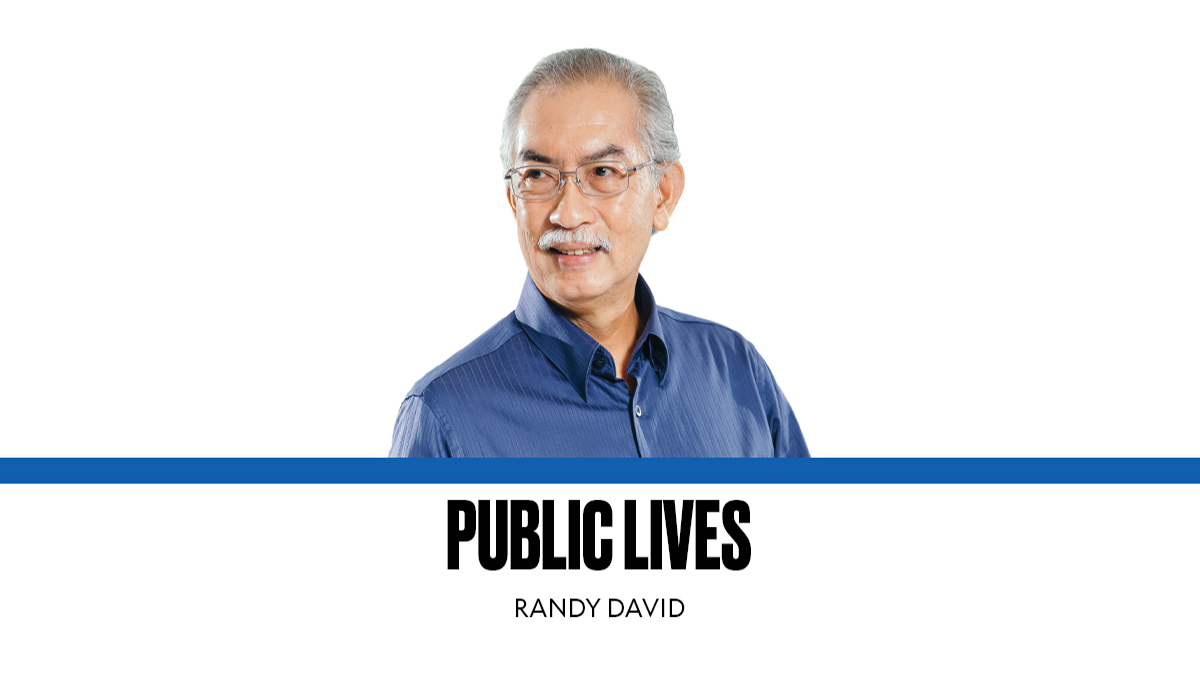
The opposite of anger is not apathy. It is moral numbness—the deadening of our capacity to respond to harm because nothing we do seems to matter in the end. It is the quiet surrender that is premised on the belief that time will heal everything.
It is to prevent the onset of this numbness that civil society groups and the families of victims of the previous administration’s so-called war on drugs have recently proposed a Truth and Reconciliation Commission.
In a letter to President Ferdinand Marcos Jr., Cardinal Pablo Virgilio David, president of the Catholic Bishops’ Conference of the Philippines and Bishop of Kalookan, makes the point plain: such a body is not about vengeance but about establishing truth, promoting accountability, extending compassion to victims, and helping the country move forward with honesty and moral clarity.
It is no accident that Bishop Ambo, as he is known, is at the forefront of this initiative. His diocese, comprising the cities of Caloocan, Malabon, and Navotas, became the epicenter of the drug war. Almost nightly in the first three years of the Rodrigo Duterte presidency, police teams, often aided by hired killers, swarmed the homes of the urban poor. Drug suspects were shot in cold blood on the pretext of resisting arrest, sometimes in front of their children.
Paralyzed by fear, local officials watched as the state itself spearheaded the operations, publicly egged on and praised by the then president. Many were told to keep quiet if they could not assist.
Amid this desolation, church people stepped in to console, to shelter, to help the families survive. Their courage inspired others: to document the killings; to retrieve bodies left in morgues and mortuaries; to help survivors rebuild their shattered lives. Neighborhood self-protection groups were formed to warn of “bonnet killers” brought in from other provinces. This was happening throughout the country. The Ramon Magsaysay Award Foundation recently singled out SVD priest Fr. Flaviano Villanueva for his work in restoring dignity and hope to families assaulted by such brazen state violence.
Estimates of the dead range from 6,000 to as many as 30,000. Fewer than a handful of cases have led to prosecution and conviction. Where police records exist at all, they are often incomplete and unusable. Families have been warned against filing cases. The former president confidently finished his term carried by a nation’s complicit silence.
The chance to revisit this chapter seemed to vanish when the pragmatic Duterte–Marcos coalition won in 2022. But when that partnership collapsed barely two years later, the conditions for reckoning reappeared. Even then, few expected the Marcos government to actively cooperate with the International Criminal Court (ICC) as it moved on the arrest order against Duterte. That was a turning point that no one foresaw, since the defiant Duterte had appeared supremely untouchable in the short-lived congressional hearings preceding the March 2025 arrest.
It is tempting to think that the ICC proceedings in The Hague will deliver the catharsis we have denied ourselves. But three cautions are in order. First, we are largely spectators to a process cast in legal terms. Second, the ICC is an international court enforcing universal humanitarian law, not a forum addressing the betrayal of a particular nation’s trust. Third, the ICC case narrows attention to Duterte and a few of his subordinates, leaving unexamined the wider public complicity and indifference that enabled impunity.
Important as it is, the ICC may satisfy global justice without giving Filipinos closure, moral clarity, healing, or a path to institutional renewal. A Truth and Reconciliation Commission can complement it—not by duplicating investigations, but by creating an encounter in which victims’ families, and where possible those who harmed them, face each other.
Its work, therefore, is less of a courtroom trial than of an essential civic rite designed to retrieve the truth, acknowledge responsibility, extend compassion and forgiveness, and rebuild the conditions for a society that can feel, judge, and act again.
The aim of a Truth and Reconciliation Commission, in the final analysis, is to trigger a sustained reflection on what became of us when we allowed fear and denial to rule us, and how we might in the future avoid it.
—————-
public.lives@gmail.com














